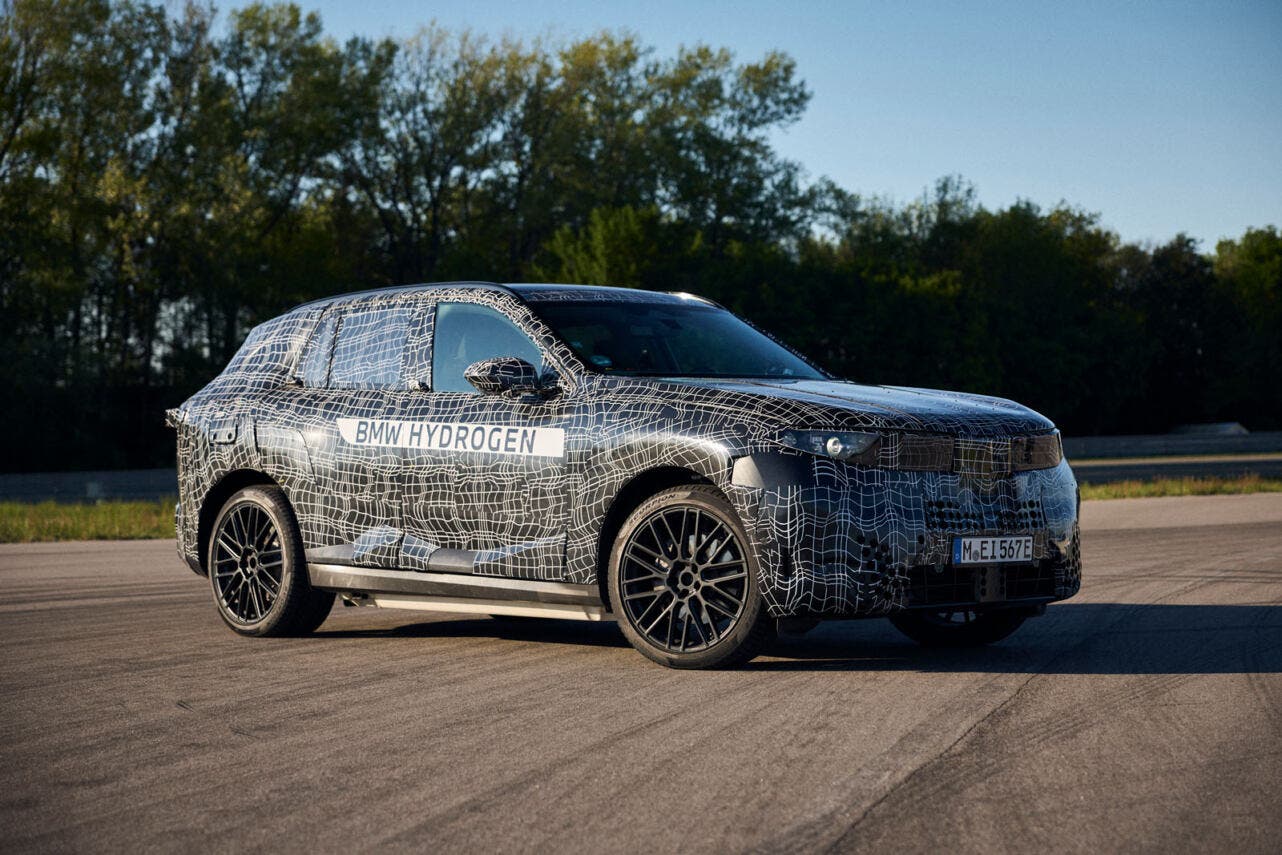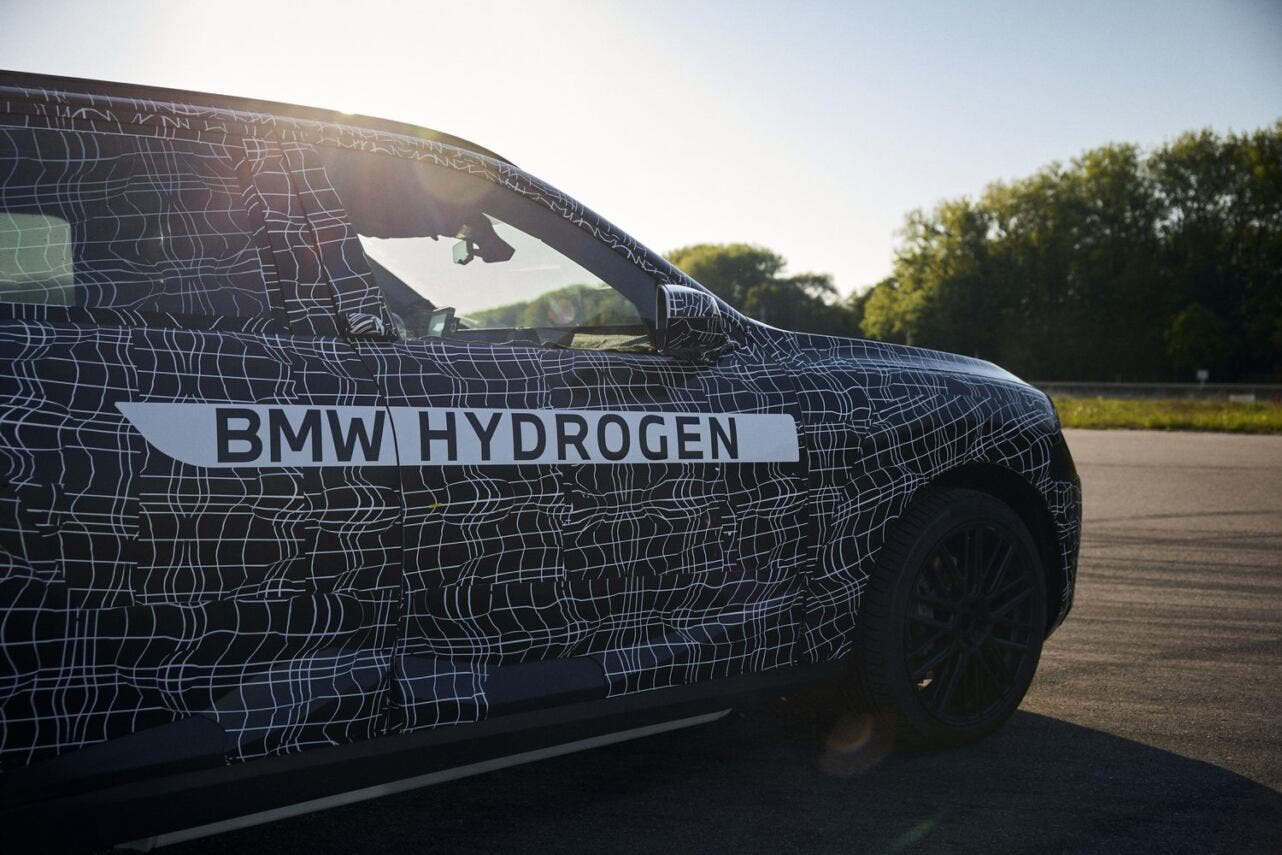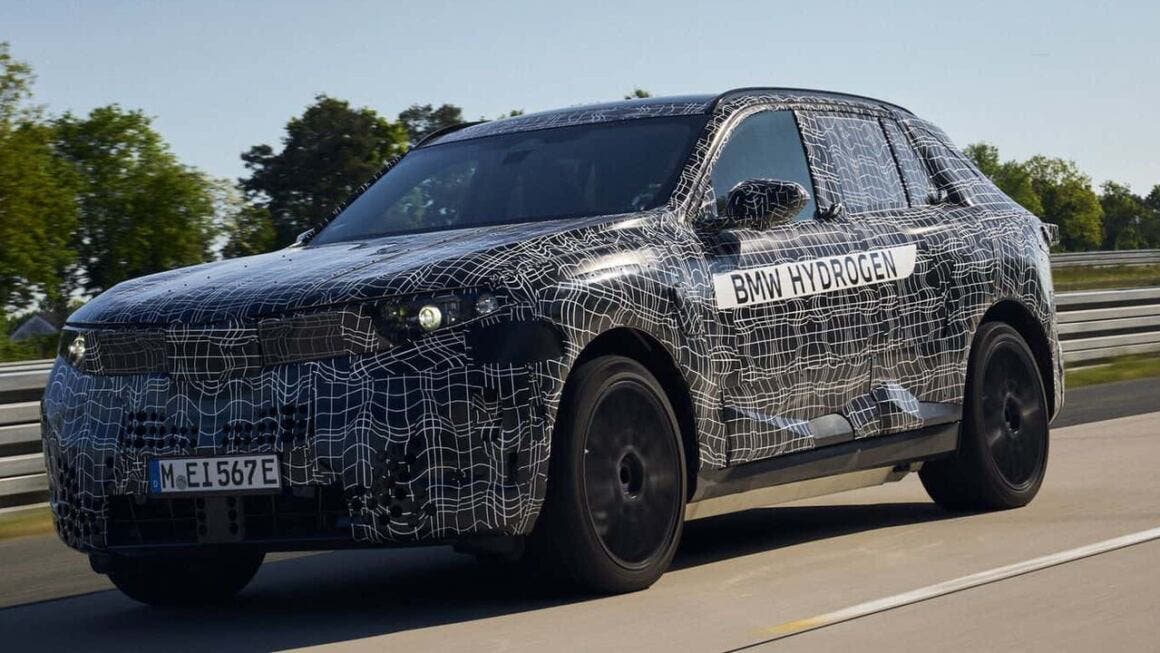BMW is gearing up to reshape the premium SUV market with the launch of its next-generation X5, expected in 2028, which will be the most versatile version ever. For the first time, customers will be able to choose from five different powertrains, an unprecedented offering in today’s automotive landscape. Alongside the familiar gasoline and diesel options, the new X5 will also be offered as a plug-in hybrid, a fully electric vehicle, and even as a hydrogen fuel-cell model, a historic debut for BMW in series production after years of prototype testing.
According to Joachim Post, BMW’s board member for development, the wide-ranging lineup confirms the brand’s pioneering role in advancing technology. “Hydrogen will play a crucial role in global decarbonization, and that’s why we’re committed to driving its adoption”, Post stated.

The FCEV version, expected to be named BMW iX5, will feature a third-generation fuel-cell system co-developed with Toyota, a company already recognized as a leader in hydrogen with its Mirai and Crown models. Prototype production has already begun at BMW’s plants in Munich and Steyr, the latter recently upgraded to produce electric motors for the upcoming “Neue Klasse” lineup.
BMW’s focus extends beyond vehicles. Through the HyMoS (Hydrogen Mobility at Scale) initiative, the brand aims to build sustainable hydrogen ecosystems in collaboration with industrial and institutional partners. The goal is to make hydrogen technology more economically viable by expanding refueling networks and supporting a wide range of vehicles, from trucks and buses to passenger cars.

This bold move contrasts sharply with Stellantis, which recently announced the end of its fuel-cell investments, citing low demand and insufficient infrastructure. Indeed, the global market reflects this challenge: in 2023, fuel-cell car sales in the US didn’t even reach 3,000 units, far behind the rapid rise of battery-electric vehicles. Still, with upcoming models like the hydrogen-powered Honda CR-V and BMW’s renewed commitment, fuel-cell technology could remain a relevant player, if paired with proper infrastructure.
